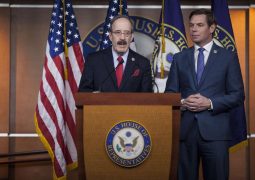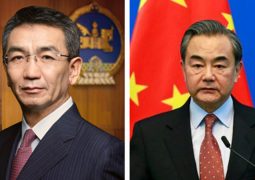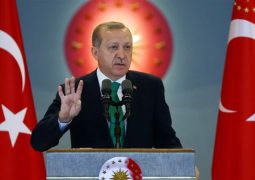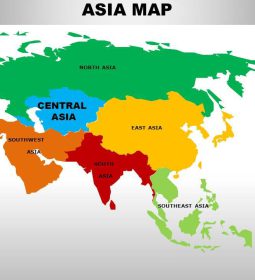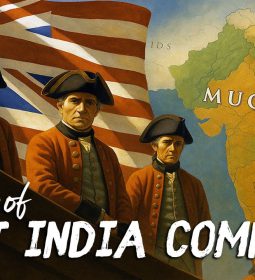Why Pakistan’s economy is sinking!?
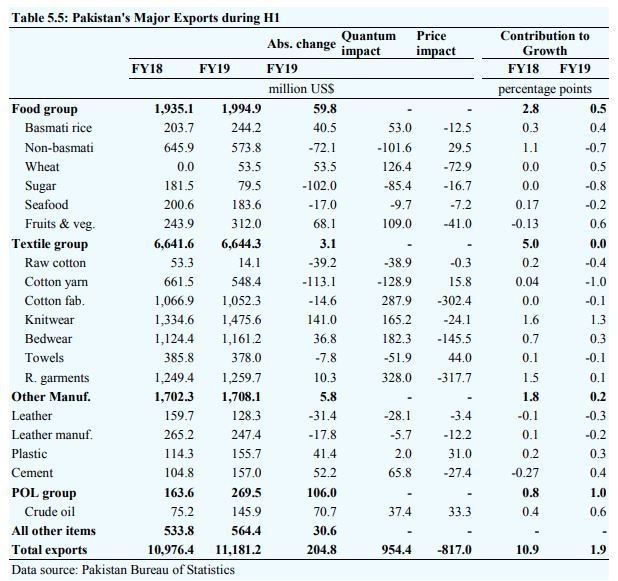
![Why Pakistan's economy is sinking Pakistan spends between 18 and 23 percent of its state budget on the military [File: AP/Anjum Naveed]](https://www.aljazeera.com/mritems/imagecache/mbdxxlarge/mritems/Images/2019/6/28/8203e51e0d1649e0a10878172ab2966d_18.jpg)
The Pakistani government unveiled its first annual budget for the fiscal year 2019-2020 on June 11 and was only able to pass it on June 28. The considerable delay was due to strong resistance from the opposition in parliament which threatened with protests over perceived economic mismanagement by the government.
The economic situation in Pakistan today is indeed worrying. This year’s Pakistan Economic Survey, a government-issued report that precedes the annual budget presentation, has painted a dismal picture of the domestic economy.
Almost all financial indicators have seen a downward trend. The growth rate fell by almost 50 percent from 6.2 percent to 3.3 percent. It is expected to go down even further to 2.4 percent next year, which will be the country’s lowest in the past 10 years. The Pakistani rupee has lost a fifth of its value against the dollar since the beginning of this fiscal year. Inflation is expected to hover around 13 percent over the next 12 months, reaching a 10-year-high as well.
Then there is the issue of the ever-increasing debt, which eats up some 30 percent of the budget every year. Pakistan continues to take out loans to be able to cover repayments of past borrowing. It recently signed yet another deal with the International Monetary Fund (IMF) for a bailout package worth $6bn.
In a televised address after his budget presentation, Prime Minister Imran Khan announced the creation of a special commission to investigate why the country has so much debt.
But Khan does not need to look any further than the budget unveiled by his own government to see where the problem lies: The country has low sources of revenues and high non-development expenditures, which is a recipe for a financial disaster.
For decades, the Pakistani authorities have been unable to establish effective tax collection practices. Currently, only one percent of Pakistanis pay their taxes and the country has one of the lowest tax-to-GDP ratios in the world.
Successive governments have avoided imposing stricter controls because they have been staffed by members of the same elites that are actively evading taxes. They are able to do so not only because of government inaction but also because of widespread corruption. In fact, it is cheaper for them to bribe than to pay their dues.
Thus, the tax burden in Pakistan falls overwhelmingly on the poor who pay in various indirect ways and who already struggle to make ends meet. Currently, a third of the nation is living below the poverty line.
Khan promised to crack down on tax evasion and corruption before coming to power but little has been done so far. He has not introduced any measures to address corruption in the ranks of his own party, for example. Recently it emerged that a minister in Khan’s cabinet had evaded paying taxes for years by transferring his luxury properties to one of his employees, but no action has been taken against him so far.
Given this selective justice, it is hardly surprising that a recent tax amnesty scheme implemented by the government in which tax debt is forgiven in exchange for a fee failed to kick off.
While Khan’s government is failing to raise revenue flows it is also failing to cut non-developmental expenditures.
The biggest source of such spending after debt-servicing is the military which officially receives around 18 and 23 percent of the budget every year.
The funds the military receives from the state budget is in addition to the revenue it gets from its large business operations, which include over 50 commercial entities generating some $1.5bn annually. It just recently moved into the mining and oil and gas exploration sector, some of which was facilitated by Khan’s government.
So despite being rich itself, the army continues to be a burden on the Pakistani economy and to get preferential treatment. At this point, there are no signs that this would change under the current government.
Earlier this month, Khan announced the formation of a new committee called the National Development Council to oversee Pakistan’s economic growth strategy. Apart from a number of ministers with relevant portfolios and key government officials, the army chief is also a member of the council, which indicates that the military will continue to be part of any decision-making on the economy in the future.
A few days before the annual budget was submitted to parliament, Khan also announced that the military was going to take a voluntary budget cut, attributing it specifically to the economic turmoil. However, when the details of the budget were made public, it turned out that the allocation to the army saw an increase of 17.6 percent from last year. As a result, some have speculated that the earlier announcement was just a PR exercise, aimed to fool Pakistan’s international creditors, like the IMF, who have urged the government to cut down its non-development expenditures.
Despite this persistent pressure from outside entities, defence spending continues to be prioritised. The official justification for this policy is always the perceived threat from neighbouring countries, which in some ways the military itself perpetuates.
Both Afghanistan and India are regularly identified as sources of threat to the national security in local mainstream media, yet the fact that militant groups targeting these two countries are allowed to organise on Pakistani territory is often overlooked.
Their presence maintains low-intensity conflicts with neighbouring countries, which conveniently justifies increased military spending to protect Pakistan from “foreign enemies”.
Thus Pakistan appears to be stuck in a vicious cycle of accommodating the interests of the army and the powerful economic elites which cripple its economy and force it to continue borrowing from international creditors, sinking further into debt and inching closer to full economic collapse.
At this point, those in power and those who enjoy economic privileges must realise that this status quo is unsustainable. The only way out is to implement a just tax system along with a cut or at least a freeze on the ever-increasing military budget.
If Pakistan is to avoid the looming economic disaster, it must revise current spending and prioritise expenditures that will actually generate social and economic development and uplift the poor, not just the civilian and military elites.
The views expressed in this article are the author’s own and do not necessarily reflect Al Jazeera’s editorial stance.
- Previous Peace for Afghanistan: What we know: 2001-2019
- Next Bigger problems loom for afghans: War, drought, diplomatic rifts deepen Afghanistan’s water crisis



